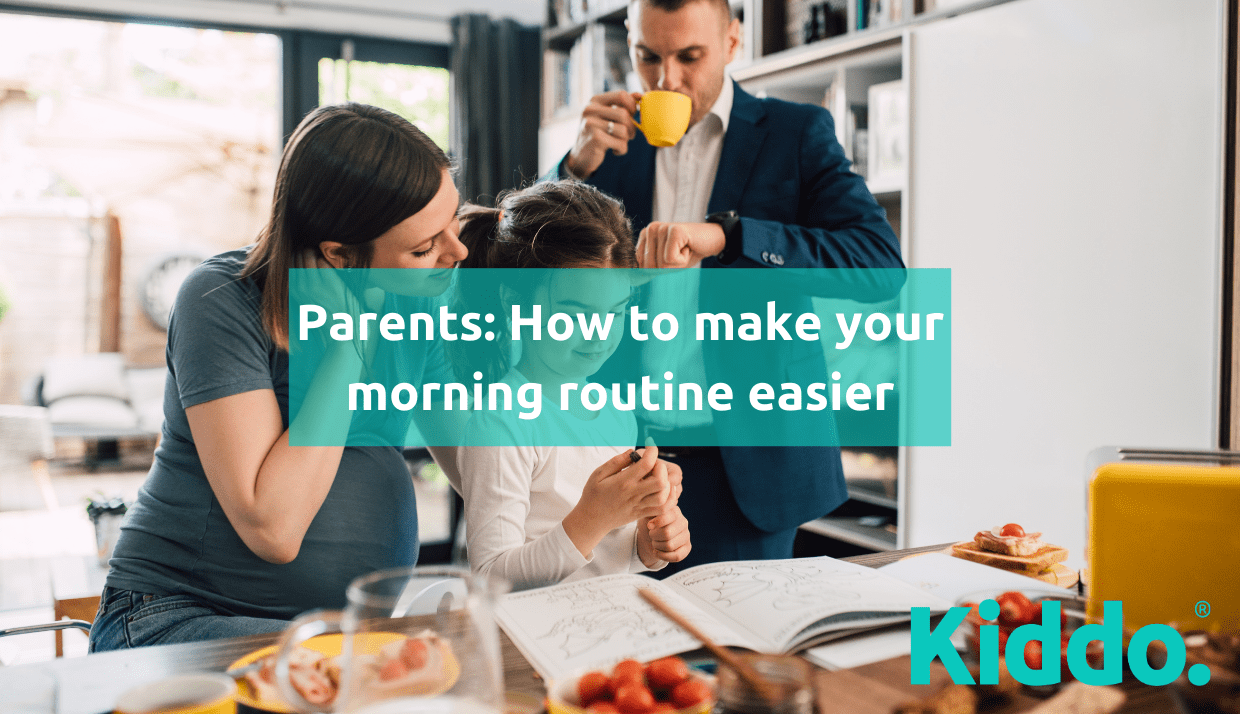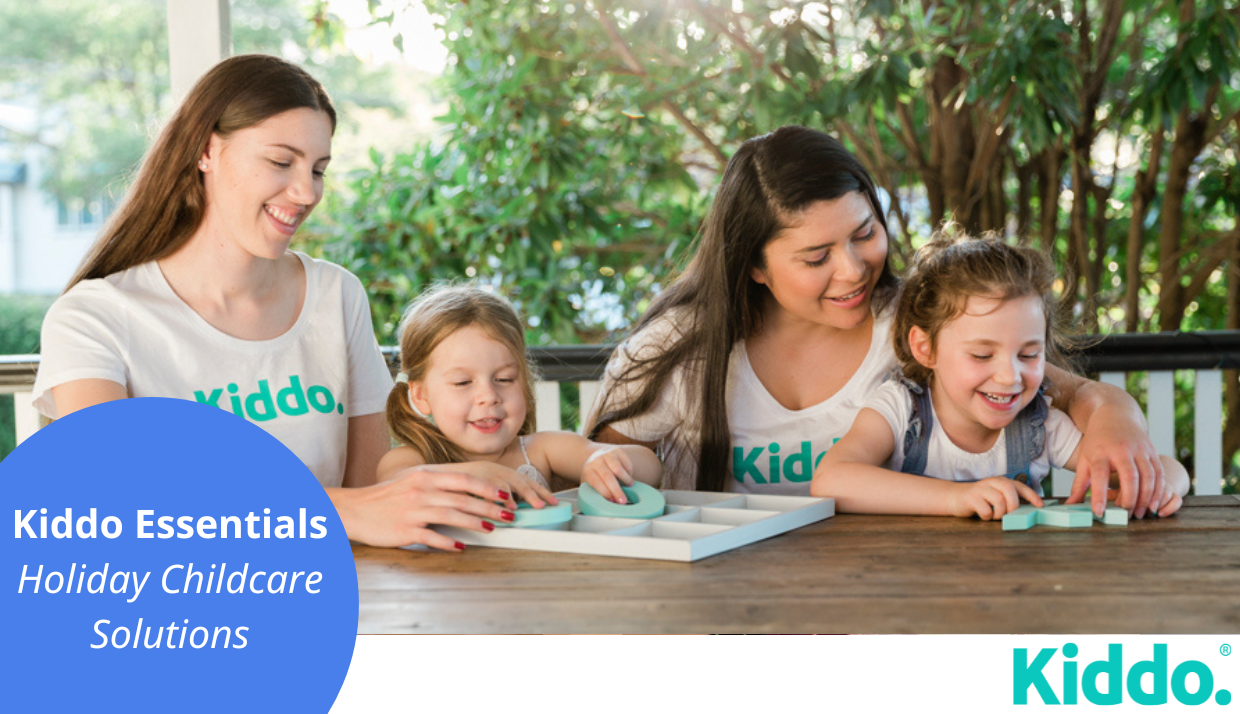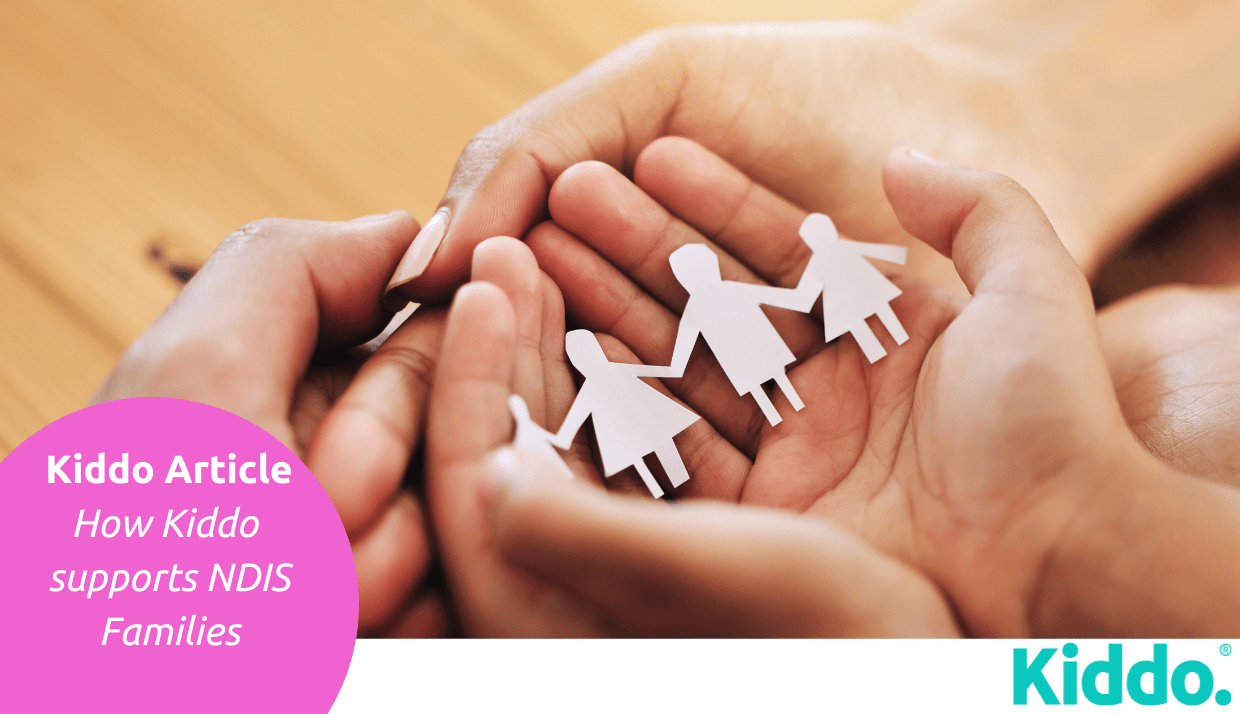As parents, finding the right childcare provider for your family is a crucial decision. Among the various options available, nannies and babysitters are two popular choices. While both provide care for children, their roles, responsibilities, and the nature of their engagement can be quite different. The difference between a Nanny and a Babysitter: Understanding these differences can help you make an informed decision that best suits your family's needs.

What is a Nanny?
A nanny is a professional caregiver who is typically employed on a full-time or part-time basis to provide long-term, consistent care for children. Here are some key characteristics of a nanny:
1. Long Term Commitment
Nannies are usually hired for an extended period, often forming a close bond with the family and children. They become an integral part of the household.
2. Comprehensive Care - Babysitter Vs Nanny
Nannies are responsible for a wide range of duties beyond basic supervision. These duties may include preparing meals, helping with homework, organizing activities, and managing the child's daily routine.
3. Professional Training
Many nannies have formal training or certifications in childcare, first aid, and child development. Their expertise allows them to handle various situations and developmental stages effectively.
4. Household Duties
In addition to childcare, nannies may also perform light household chores related to the children, such as laundry, cleaning up after meals, and maintaining play areas. This is a key difference between a Nanny and Babysitter, as Nanny's are generally engaged for longer care sessions, their duties may include those normally undertaken throughout the day.
5. Consistency and Stability
Because of their long-term involvement, nannies provide stability and consistency in the child's life, which can be beneficial for the child's emotional and developmental well-being.

What is a Babysitter?
A babysitter is typically hired for short-term, occasional care, often on an as-needed basis. Here are some key characteristics of a babysitter:
1. Short-Term Engagement
Babysitters are usually employed for specific periods, such as a few hours in the evening or for a weekend. They are not meant to be a long-term solution for childcare.
2. Basic Supervision
Babysitters primarily focus on supervising children, ensuring their safety, and keeping them entertained. Their responsibilities are usually limited to the time they are in charge.
3. Flexible Scheduling
Babysitters are often called upon for last-minute or occasional needs, such as date nights, special events, or emergencies.
4. Limited Duties
Babysitters typically do not have extensive household responsibilities. Their primary role is to keep the children safe and engaged during the parents' absence.
5. Varied Experience Levels
Babysitters can range from teenagers with minimal experience to older individuals with extensive childcare backgrounds. Their level of training and expertise can vary widely.
Key Differences Between Nannies and Babysitters
Understanding the difference between a Babysitter and Nanny can help you determine which option is best for your family:
- Duration of Care: Nannies provide long-term, consistent care, while babysitters are usually hired for short-term, occasional needs.
- Scope of Responsibilities: Nannies take on a broader range of duties, including childcare, educational support, and light household tasks. Babysitters focus primarily on supervision and immediate needs.
- Professionalism and Training: Nannies often have formal training and certifications in childcare, whereas babysitters may have varying levels of experience and training.
- Commitment and Stability: Nannies offer stability and consistency, becoming a familiar presence in the child's life. Babysitters provide flexible, temporary care without the same level of long-term commitment.
Choosing the Right Care for Your Family
When deciding between a nanny and a babysitter, consider your family's specific needs, schedule, and the type of care you are looking for. If you require regular, ongoing assistance with a range of responsibilities, a nanny might be the best choice. On the other hand, if you need occasional, short-term supervision, a babysitter could be more suitable.
Regardless of your choice, always conduct thorough interviews, check references, and ensure that the caregiver you hire aligns with your family's values and expectations. By understanding the differences between nannies and babysitters, you can make a well-informed decision that provides the best care for your children.
Conclusion
Both nannies and babysitters play important roles in providing childcare, but their responsibilities and the nature of their engagement differ significantly. By considering your family's unique needs and understanding these differences, you can choose the right caregiver to support your family's well-being and peace of mind. Understanding the difference between a Nanny and Babysitter might also help when you advertise for help, getting the role name correct.
For more tips on finding the best nanny for your family, check out our detailed guide on What to do the first time hiring a Nanny for your Family. We encourage you to share this post with friends as it might help them too.
Download the Kiddo app and join Australia's leading childcare platform, we've got childcare solutions for everyone!





